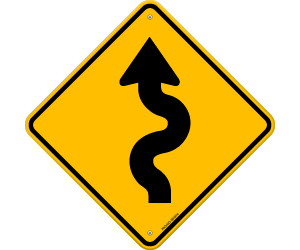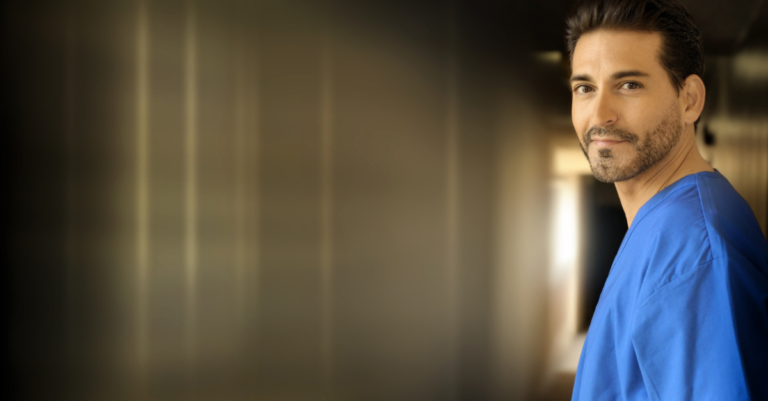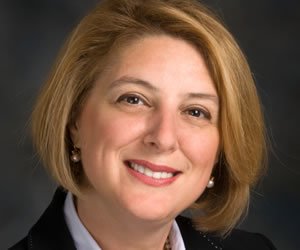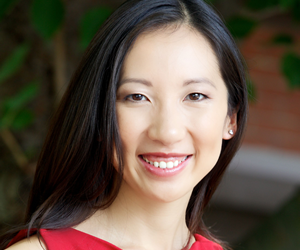
Barbara Ross Lee: The Beauty of the Broken-Field Run
There’s no doubt that Dr. Barbara Ross Lee has led a distinguished career. The first ... Read more
Written by: Suzanne Barston
Published on: March 18, 2015
Learn about medicine and how to become a physician in our articles for pre-medical students (including the MCAT), medical students, resident physicians, and practicing physicians.

There’s no doubt that Dr. Barbara Ross Lee has led a distinguished career. The first ... Read more
Written by: Suzanne Barston
Published on: March 18, 2015

There exists a fundamental flaw in the USMLE exams – applicants who pass the exam ... Read more
Written by: Arvind Kutty
Published on: March 13, 2015

I am a reapplicant. Those are four words that every reapplicant shies away from and ... Read more
Written by: SDN Staff
Published on: March 11, 2015

Taking the MCAT can be a nerve-wracking experience. In fact, many students develop significant test ... Read more
Written by: Anubodh “Sunny” Varshney
Published on: March 9, 2015

Summer is a great time to get medically related experience, which can be an important ... Read more
Written by: AAMC Staff
Published on: March 4, 2015

During my senior year of college, I asked my girlfriend to marry me. We had ... Read more
Written by: Brent Schnipke
Published on: March 2, 2015

I am about 45 minutes from the end of my night float shift, that dangerous ... Read more
Written by: Megan Riddle
Published on: February 27, 2015

Republished with permission from here. At 8 a.m. every morning of the work week, I show ... Read more
Written by: Luke Murray
Published on: February 25, 2015

Well Baby visits can be stressful for both physicians and the new parents – not ... Read more
Written by: Brian Wu
Published on: February 16, 2015

When did you know you wanted to be a doctor? the pre-med asked. Maybe it should ... Read more
Written by: Megan Riddle
Published on: February 13, 2015

Unfortunately, roughly half of all applicants to American allopathic medical schools will not receive an ... Read more
Written by: Anubodh “Sunny” Varshney
Published on: February 11, 2015

Dr. Barbara Pro, a medical oncologist in Philadelphia, is a Thomas Jefferson University-Kimmel Cancer Center ... Read more
Written by: Juliet Farmer
Published on: February 9, 2015

I remember being a third year medical student and reading Bob Wachter’s piece in the New ... Read more
Written by: Vineet Arora
Published on: February 6, 2015

Dr. Leana Wen was on a roll. The Washington University medical student was president of ... Read more
Written by: Suzanne Barston
Published on: January 21, 2015

In 2013, roughly half of all medical school applicants did not receive an acceptance letter. ... Read more
Written by: Anubodh “Sunny” Varshney
Published on: January 14, 2015

The premed journey is different for everyone. For some, it’s really not that much of ... Read more
Written by: PreMedLife
Published on: January 5, 2015

Despite being the current President of the American College of Physicians (ACP), David A. Fleming, ... Read more
Written by: Suzanne Barston
Published on: December 22, 2014

Republished with permission from here. Congratulations! You’ve made it to the clinical portion of medical ... Read more
Written by: Rishi Kumar
Published on: December 17, 2014

Neuromodulation is an exciting therapy for improving neurological ailments. When I graduated medical school in ... Read more
Written by: Shannon Hann
Published on: December 12, 2014